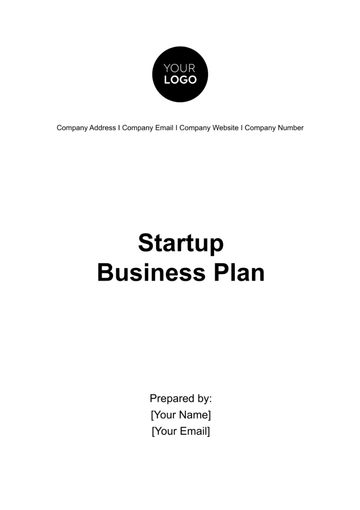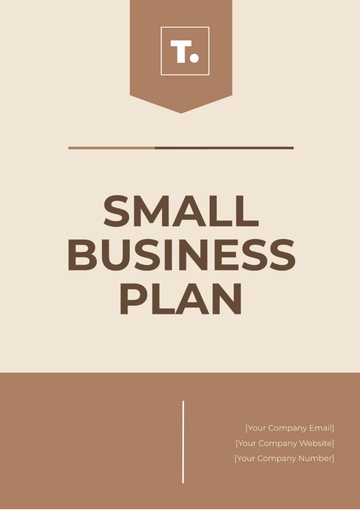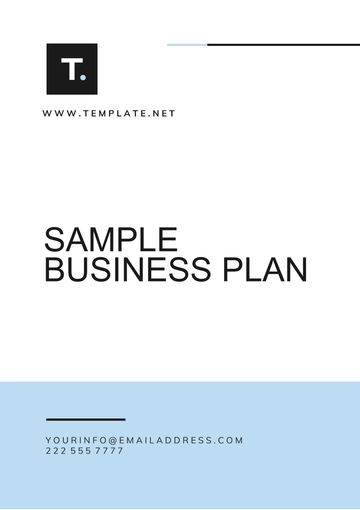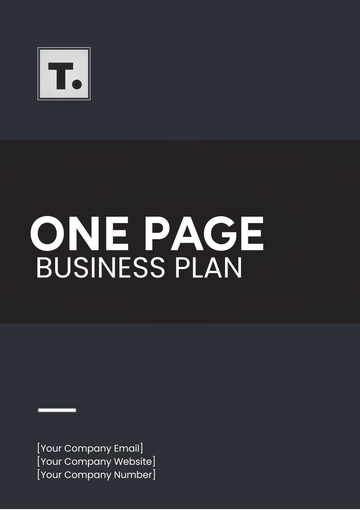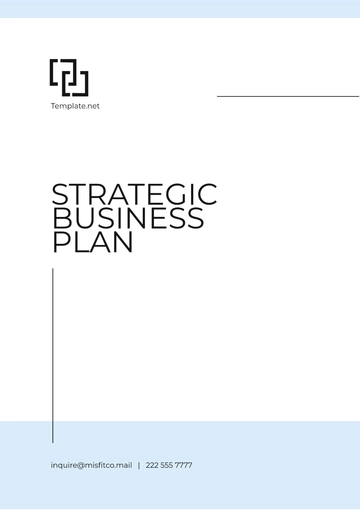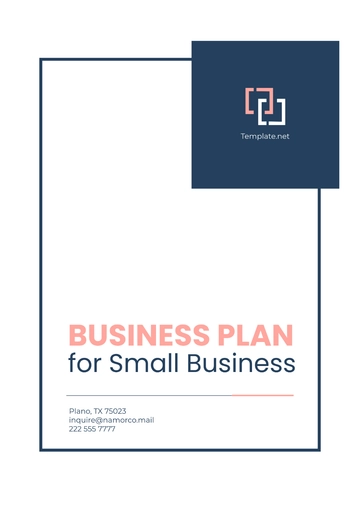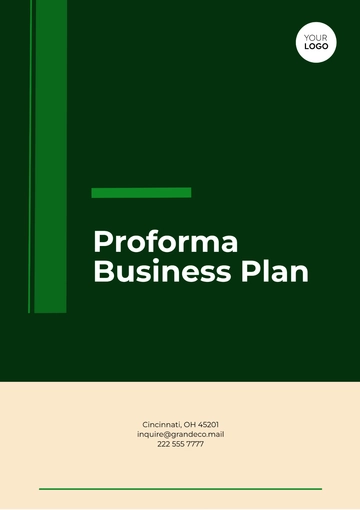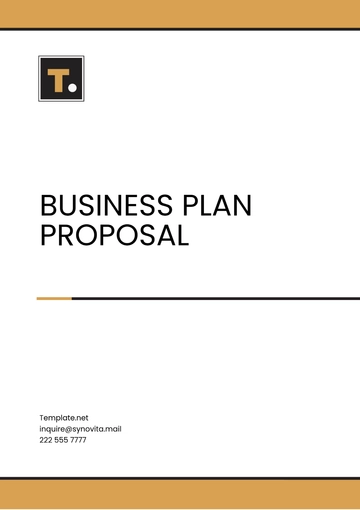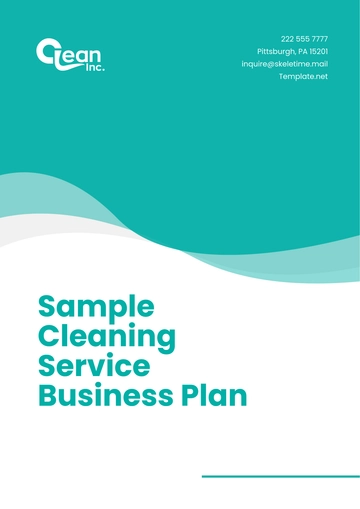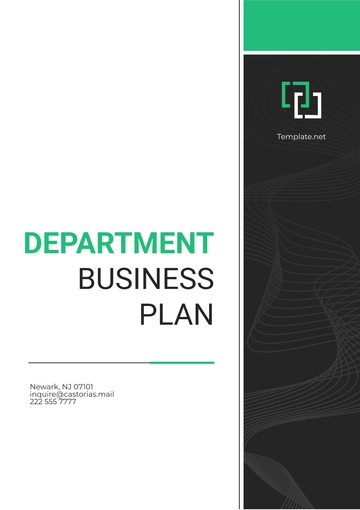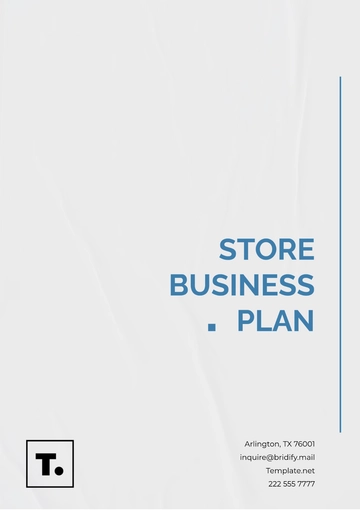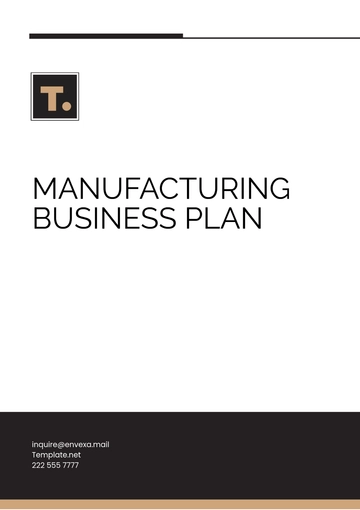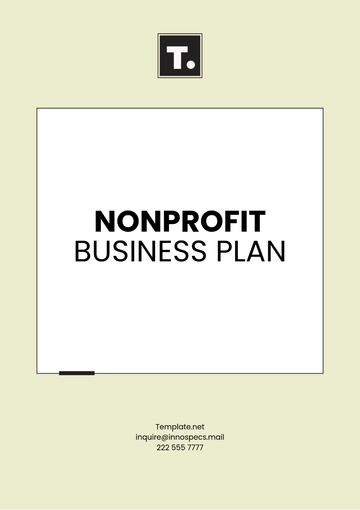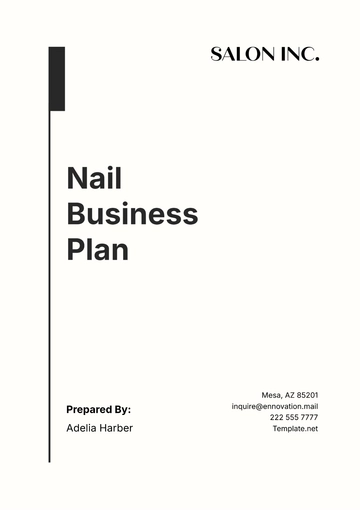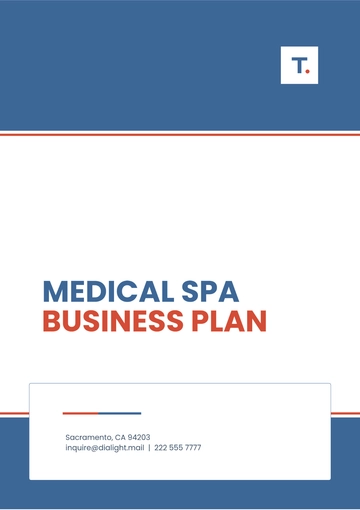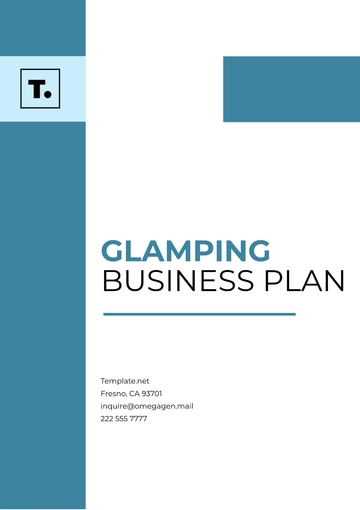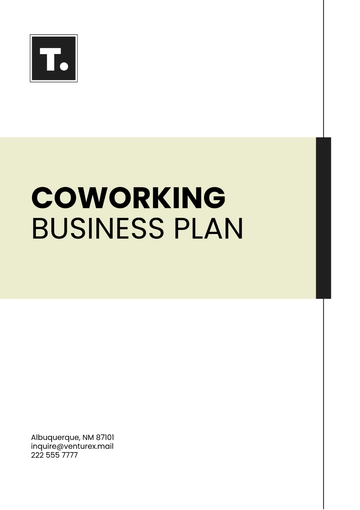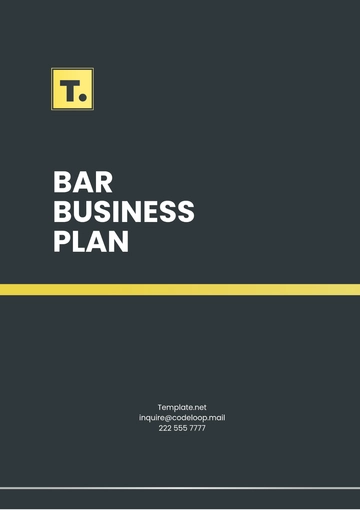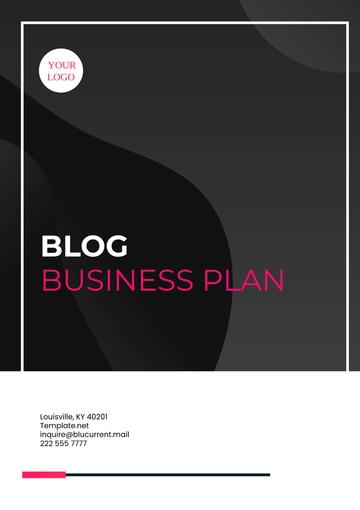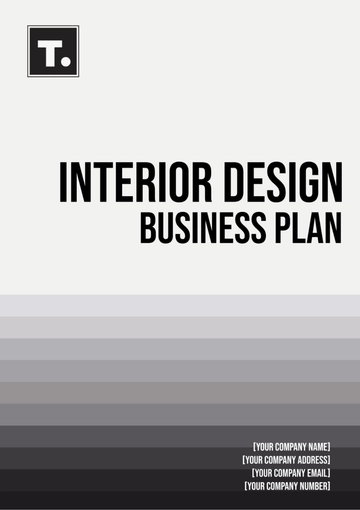Free Business Analysis Plan
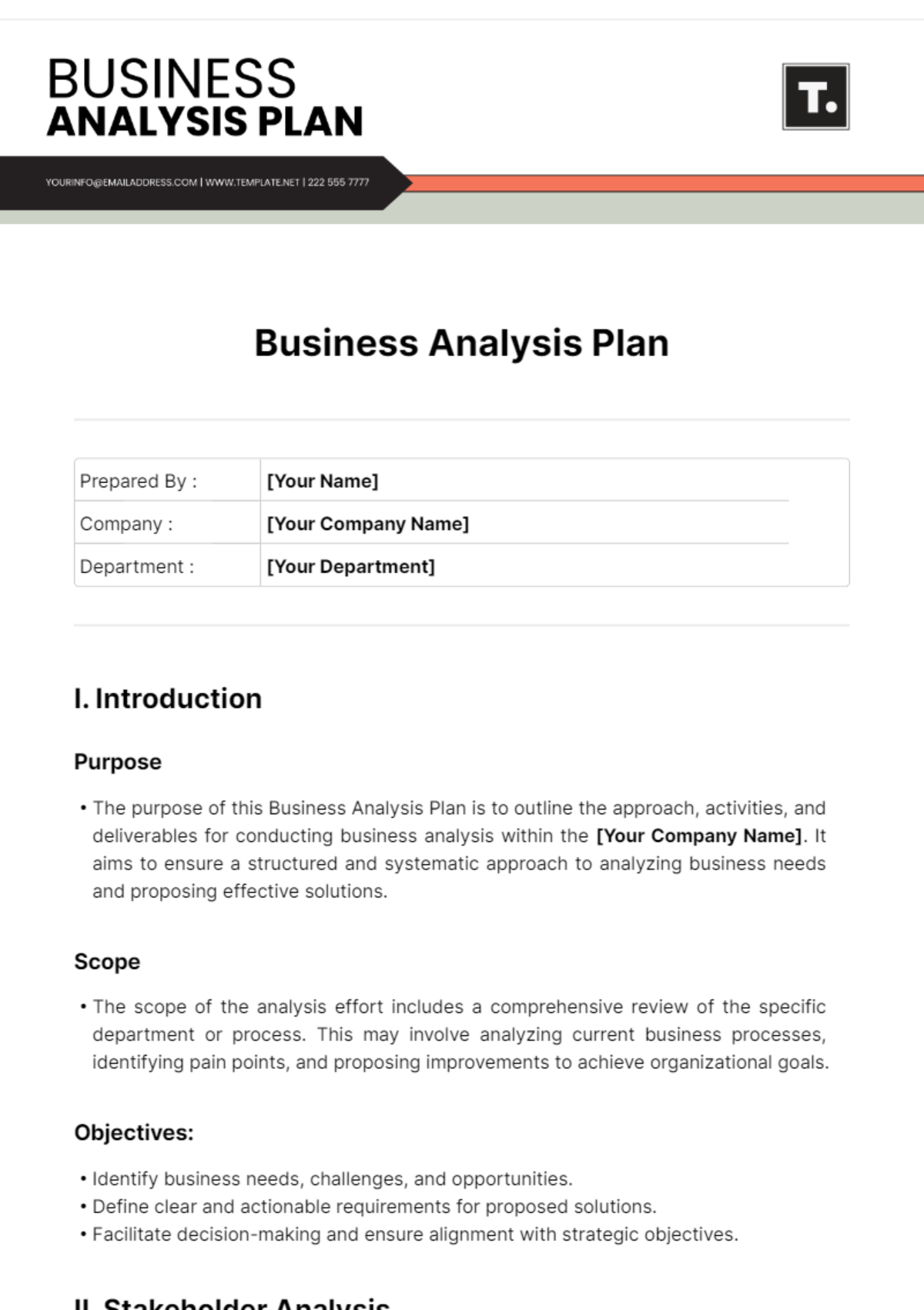
Prepared By : | [Your Name] |
Company : | [Your Company Name] |
Department : | [Your Department] |
I. Introduction
Purpose
The purpose of this Business Analysis Plan is to outline the approach, activities, and deliverables for conducting business analysis within the [Your Company Name]. It aims to ensure a structured and systematic approach to analyzing business needs and proposing effective solutions.
Scope
The scope of the analysis effort includes a comprehensive review of the specific department or process. This may involve analyzing current business processes, identifying pain points, and proposing improvements to achieve organizational goals.
Objectives:
Identify business needs, challenges, and opportunities.
Define clear and actionable requirements for proposed solutions.
Facilitate decision-making and ensure alignment with strategic objectives.
II. Stakeholder Analysis
Stakeholder Role | Name | Responsibilities/Interests | Influence Level |
|---|---|---|---|
Project Sponsor | John Doe | Provides funding and strategic direction. | High |
Project Manager | Jane Smith | Oversees project execution and resources. | Medium |
Business Analyst | [Your Name] | Conducts analysis and gathers requirements. | High |
End Users | Sales Team, | Provides feedback on the usability and functionality of | Medium |
Customer | proposed solutions. |
Stakeholder Analysis: Assess interests, expectations, and influence levels of key stakeholders. Develop strategies for effective communication and engagement to ensure stakeholder buy-in and support.
III. Business Objectives and Goals
Objectives
Streamline business processes to improve efficiency by 20% within the next fiscal year.
Enhance customer satisfaction ratings to 90% within the next 12 months.
Goals
Reduce turnaround time for customer support tickets to less than 24 hours by implementing a new ticketing system.
Increase monthly sales revenue by 15% through targeted marketing campaigns and product promotions.
IV. Scope and Boundaries
Inclusions
Analysis of current business processes and workflows across departments.
Identification of pain points and areas for improvement through stakeholder consultations and data analysis.
Exclusions
Detailed technical design and implementation of solutions (covered in separate project plans).
Assessment of external market factors beyond the organization's control.
V. Business Analysis Approach
Methodologies
Stakeholder interviews to gather insights and perspectives.
SWOT analysis to identify strengths, weaknesses, opportunities, and threats.
Business process modeling to visualize current and future workflows.
Tools
Microsoft Visio for creating process flow diagrams.
SurveyMonkey for conducting stakeholder surveys and feedback collection.
VI. Requirements Gathering and Documentation
Process
Conduct interviews and workshops with key stakeholders to elicit and prioritize requirements.
Document requirements using standardized templates such as user stories use cases, and functional specifications.
Validate requirements through reviews and feedback sessions with stakeholders.
Artifacts
Business Requirements Document (BRD) outlining high-level business needs and functional requirements.
Use case diagrams to illustrate system interactions and user goals.
User stories detailing specific user requirements in a concise format.
VII. Communication Plan
Stakeholder Communication
Monthly project updates to project sponsors and key stakeholders highlighting progress, challenges, and decisions.
Bi-weekly status meetings with the project team to discuss tasks, issues, and action items.
Channels
Email updates for distributing project documentation, meeting agendas, and announcements.
Video conferencing for virtual meetings and workshops.
Project management software (e.g., Jira, Trello) for collaboration and tracking tasks.
VIII. Timeline and Milestones
Timeline
Phase 1: Requirements gathering and analysis (Month 1-2).
Phase 2: Solution design and proposal development (Months 3-4).
Phase 3: Stakeholder review and approval (Month 5).
Milestones
Completion of BRD and sign-off from project stakeholders.
Presentation of solution proposals to stakeholders for feedback and validation.
- 100% Customizable, free editor
- Access 1 Million+ Templates, photo’s & graphics
- Download or share as a template
- Click and replace photos, graphics, text, backgrounds
- Resize, crop, AI write & more
- Access advanced editor
Introducing the Business Analysis Plan Template, meticulously crafted by Template.net for strategic business evaluation. This comprehensive document guides you through the process of analyzing your company's operations, market position, and growth opportunities. With editable sections and customizable features, it allows for tailored planning to meet your specific business needs. Streamline your analysis process and gain valuable insights into key areas such as market trends, competitor analysis, and SWOT analysis. Elevate your business strategy with this versatile template, your essential companion for driving informed decisions and achieving sustainable growth.
You may also like
- One Page Business Plan
- Coffee Shop Business Plan
- Restaurant Business Plan
- Food Business Plan
- Real Estate Business Plan
- Executive Summary Business Plan
- Cover Page Business Plan
- Nonprofit Business Plan
- Daycare Business Plan
- Construction Business Plan
- Startup Business Plan
- Medical Business Plan
- Bakery Business Plan
- Service Plan
- Hotel Business Plan
- Catering Business Plan
- School Business Plan
- Healthcare Business Plan
- Transportation Plan
- Sports Plan
- Car Wash Business Plan
- Salon Business Plan
- Clothing Business Plan
- Farming Business Plan
- Boutique Plan
